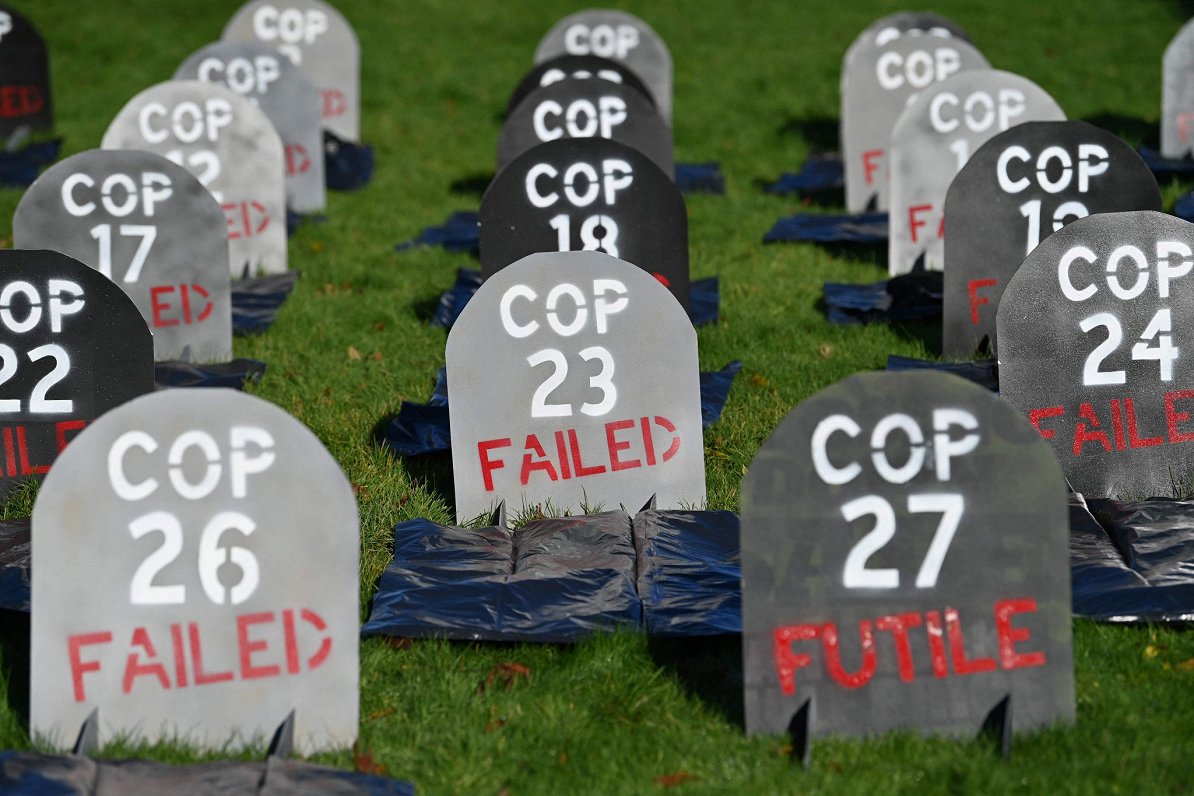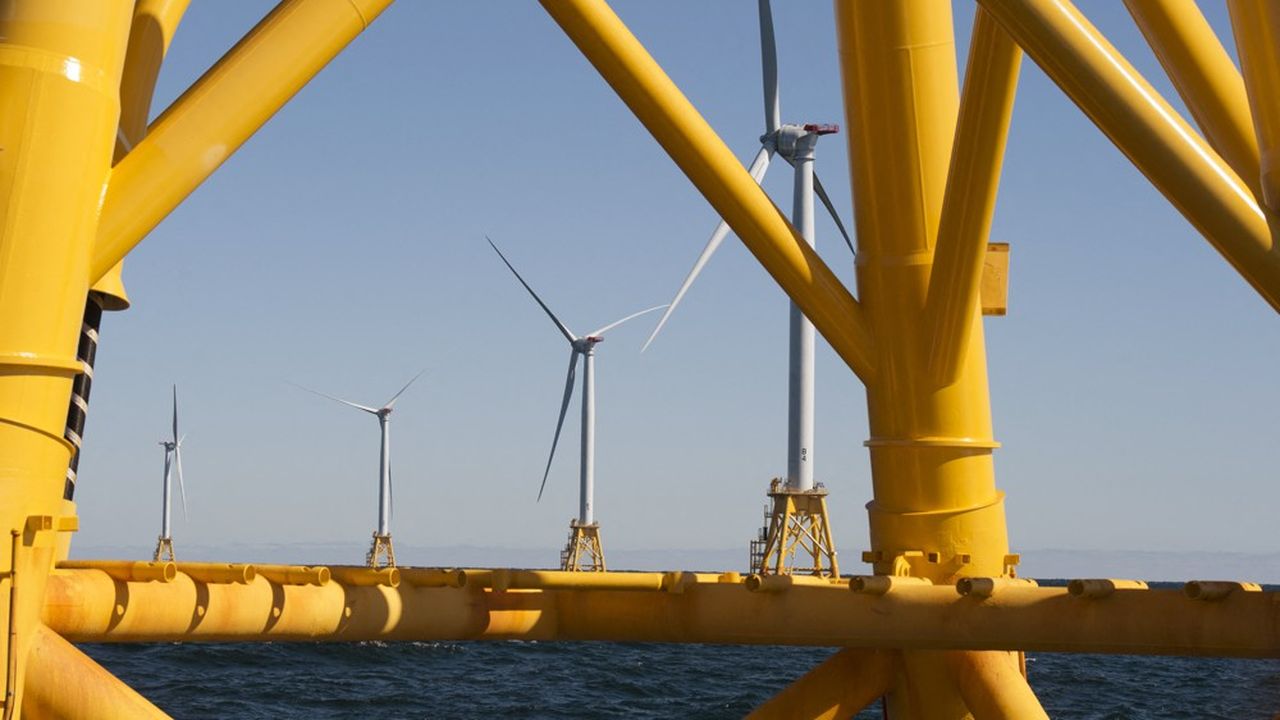A step forward, but not ambitious enough – Glasgow Climate Agreement provokes mixed reactionsUldis Ķezberis / Latvian Radio
—
The 26-week-long 26th UN climate conference in Glasgow was due to end on Friday, but the meeting had to be extended as almost 200 national delegations were unable to agree on the text of the final agreement.
Saturday, November 13 intensive talks continued throughout the day, in which very different national views were reconciled. Late evening conference president Alok Sharm with relief could announcethat the Glasgow Climate Agreement has been approved.
The document acknowledges that countries’ commitments to date to reduce greenhouse gas emissions are far from sufficient to prevent the planet’s average temperature from rising by 1.5 degrees Celsius compared to before the Industrial Revolution.
To try to achieve this, governments are called upon to step up their climate targets by the end of 2022, rather than every five years, as required above.
Failure to set and meet more stringent emission reduction targets can have catastrophic consequences. Scientists say a rise in global average temperatures of 1.5 degrees Celsius would cause extreme sea level rise and disasters such as devastating droughts, devastating storms and forest fires.
For the first time, the agreement calls on countries to reduce their dependence on coal and reduce subsidies for oil and natural gas.
However, the wording caused great controversy.
At the last minute, India, backed by China and other coal-dependent countries, rejected a clause calling for the “elimination” of coal for electricity generation. Following consultations between India, China, the United States and the European Union (EU), the term “eradicate” was replaced by “drastically restrict”.
Several developing countries were outraged by the change, but agreed to the wording in order to maintain agreement. Tina Stidza, a spokeswoman for Marshall Islands, said: “The commitment to coal was one of the highlights of this document.
It was one of the things we proudly hoped to get out of here and return home. It is therefore very painful to see that this bright spot has faded. “
For his part, the Vice-President of the European Commission, Frans Timermans, believes that such an agreement is better than no agreement at all.
“It’s like moving from 24 carat gold to 18 carat gold, but it’s still gold. The fact that we’re taking concrete steps forward to reduce the amount of coal we use for our energy needs is pretty significant,” Timermans said.
Rich countries have agreed to double the funding they will pay to the poorest countries to adapt to climate change and decarbonise their economies by 2025.
For the first time, it is recognized that rich countries need to compensate poor countries for the loss and damage caused by climate change, as rich countries are responsible for most of the greenhouse gas emissions.
The 27th UN Climate Change Conference will take place in Egypt next year.
–
Highlight text and press Ctrl+Enterto send the snippet to the editor!
Highlight text and press Report an error buttons to send the text to be edited!
–
–


